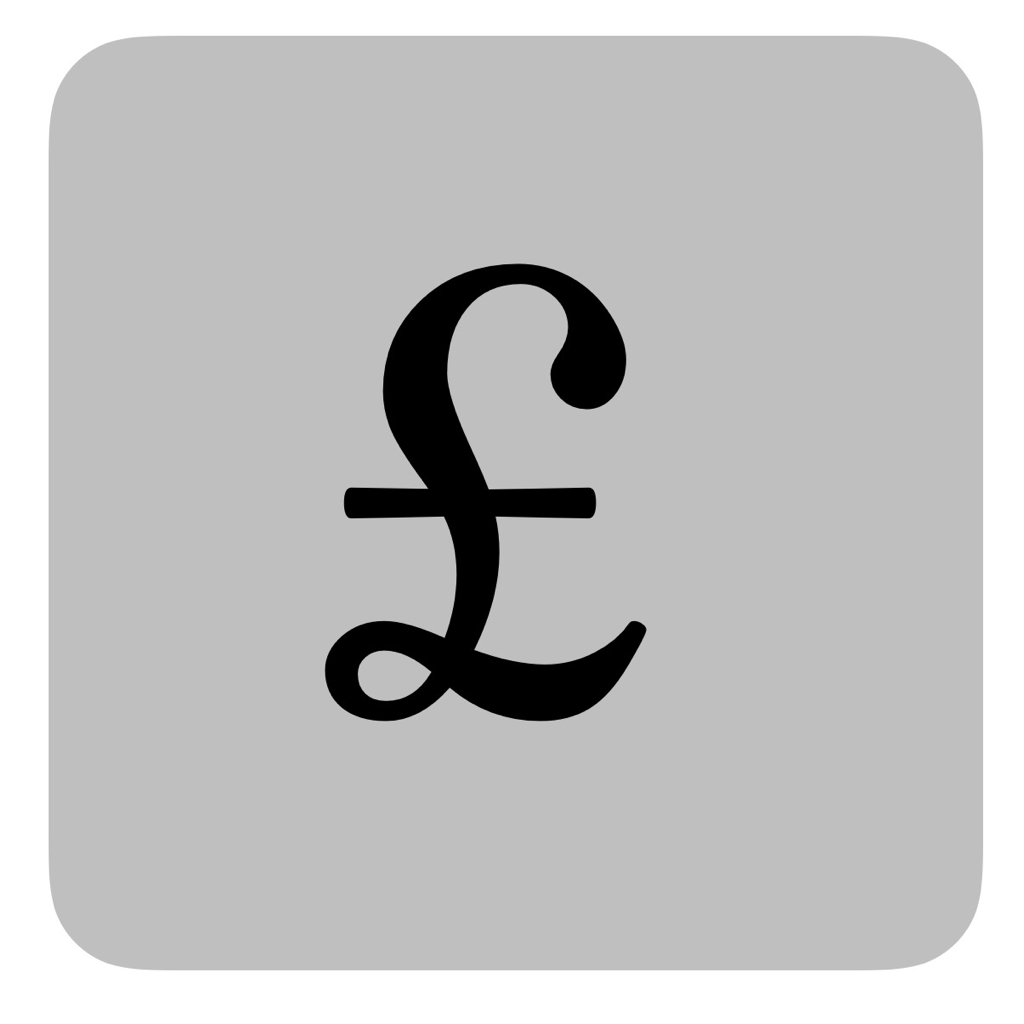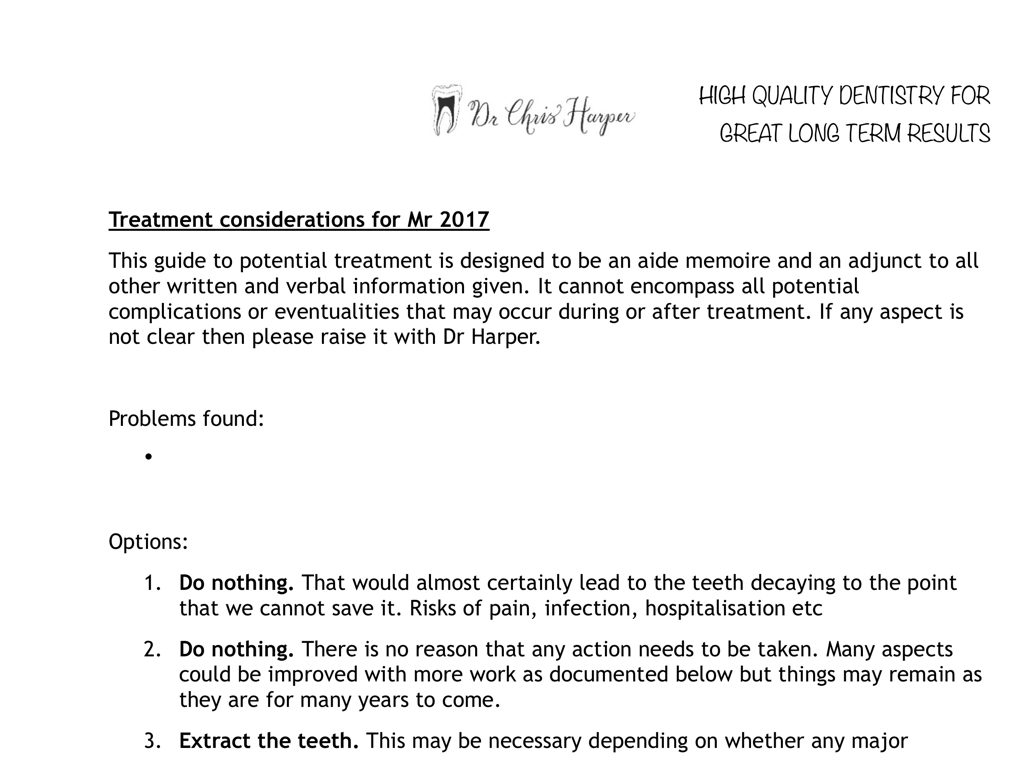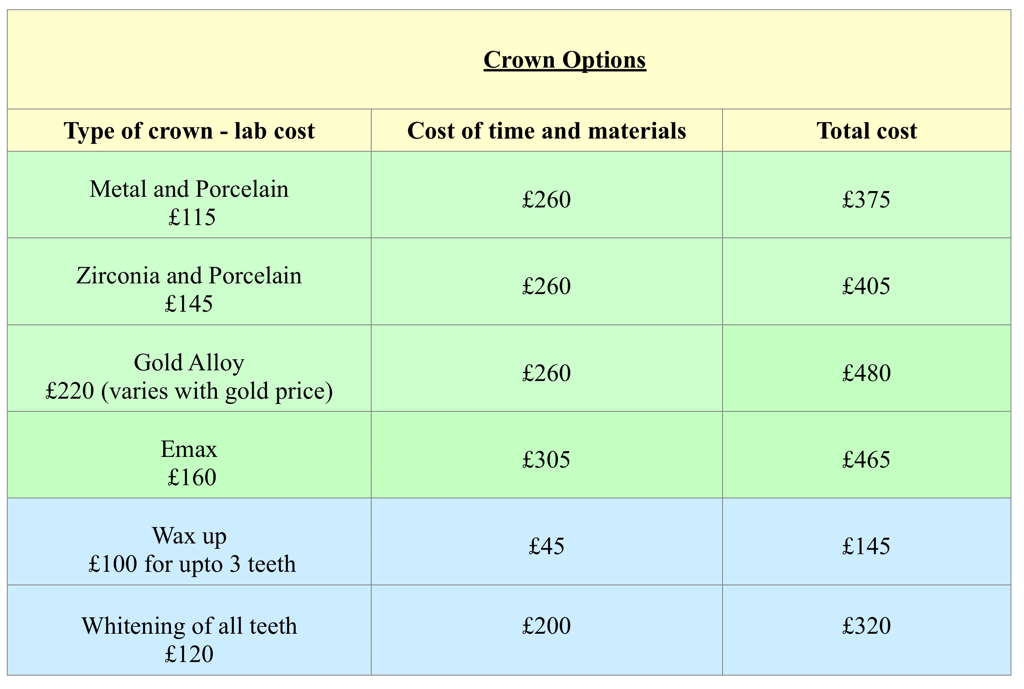|
Do you often find yourself having the same discussions with patients who only want the cheapest option available or whose first question is always "how much will it cost?"
Aversion to unwanted expenditure is part of human nature, but there may be some simple things you can do to help stop your patients from fixating on price and automatically choosing the cheapest solution available. First and foremost is focussing on providing high quality dentistry. But how do your patients know that you are focussed on quality? If they stick with you for many years they will over time realise that their teeth are working well hence proving your capable, but you obviously want them to understand your focus now. Let me ask you a few questions: Do you tell your patients about your passion for high quality dentistry? Does your stationary make this focus clear? Does your website say it? Do your staff say it? You have to be careful to not sound arrogant but there is no reason why this message shouldn't be made clear via these routes. For me it means that all new patients get a new pt pack explaining important points about the practice such as emergency contact details etc, but it also talks about my passion for dentistry. This information can be found on the "Info For Patients" page of my website. My stationary also has a header with my logo and a tagline again highlighting my focus on quality to provide long term outcomes. There are also a few simple tools you can implement when presenting prices to your patients to help them understand the value in the treatment you are recommending. Indirect restorations like crowns and onlays are expensive and justifiably so. They take a lot of time and highly skilled focussed work to prepare well for and a comparably highly skilled technician will want a decent fee for constructing the restoration. In most cases patients don't really care about this though. They are choosing the crown because you say it should be the best way of restoring the tooth to good shape, strength, reliability and aesthetics. Most pts will only want to spend a decent amount of money if they feel it will give good long term value for money. So have you considered explaining the cost to the patient in terms of longevity? You need to choose a timeframe you are happy to quote and then work out the cost per year or month or week. So for instance if you consider the national average cost for a crown is quoted as £500, if you are confident it should last 20 years with good OH then that works out to be less than 50p a week to restore this tooth. Obviously this method only works if you are confident you are actually providing quality work that will last but pts may prefer the idea of explaining it as "50p a week" to rebuild the tooth. Another option you can consider is splitting up your overall cost to explain its different component parts. For instance you can split your crown cost into "lab cost" and "time and materials cost". I used to do this and included is a photo of how I presented this to pts. I have moved away from it because I personally found it sometimes made things more complex than needed but now that I have more time for my consultations I might go back to using a system like this occasionally. PS my prices have also increased since I made that table. If you want to explore this topic more there is a good 30 minute audiobook available for free from the harvard business school via audible here: https://mobile.audible.co.uk/pd/Film-Radio-TV/How-to-Stop-Customers-from-Fixating-on-Price-Audiobook/B00SJWV04G/?ref=msw_search_c1_0_2_AN
4 Comments
2/17/2017 04:55:32 pm
Chris
Reply
Chris
2/17/2017 05:22:36 pm
Hi Carina,
Reply
Lorenzo
2/17/2017 09:55:16 pm
I don't understand the last part of the article;
Reply
Chris
2/17/2017 10:11:52 pm
Hi Lorenzo,
Reply
Leave a Reply. |
AuthorDr Chris Harper Archives
August 2020
Categories
All
|





 RSS Feed
RSS Feed
